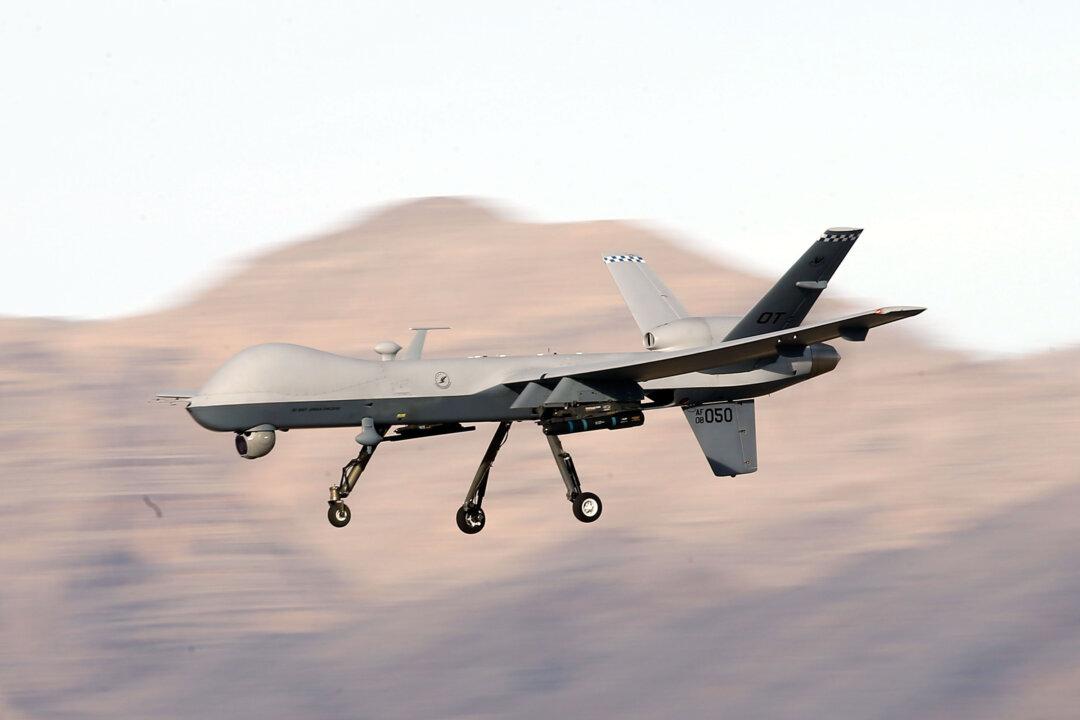U.S. forces conducted new airstrikes against two target facilities in Iraq on Wednesday morning, following an uptick in attacks targeting U.S. troops in Iraq and Syria since Oct. 17.
The U.S. Central Command (CENTCOM), the military command responsible for U.S. operations in the Middle East, announced on Wednesday that its personnel conducted “discrete, precision strikes” that struck two separate facilities they believe were used by Iran-backed militants.





